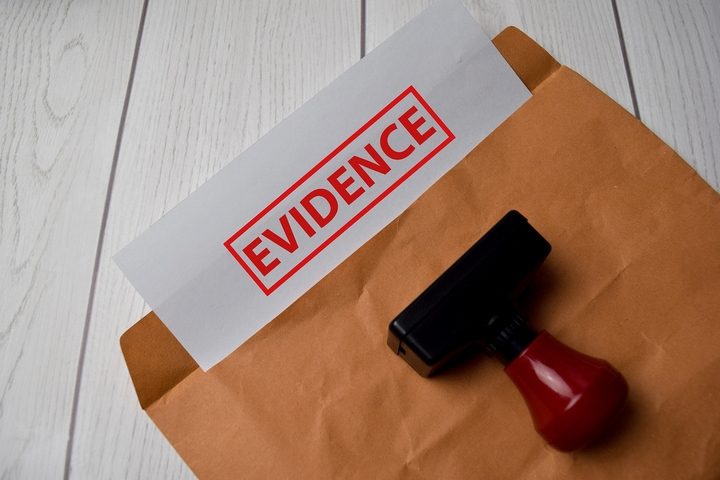When you come to file a personal injury claim, it’s important to do everything you can to support your claim and maximize the compensation to come. What you do after a personal injury claim event matters.
Having an understanding of how to proceed with filing a personal injury claim, this understanding may be the difference between a case not netting you what you should receive and receiving all that you are rightfully owed.
Here are the essential tips for filing a personal injury claim from the experts in personal injury law.
Tip #1: Don’t Try to Handle the Claim Yourself

First and foremost, if you try to handle your injury claim yourself, you will almost certainly receive less than what you are owed or nothing. Hire a personal injury lawyer. They work on a contingency basis, meaning they don’t get paid unless you are awarded compensation.
It’s no cost to get working with a personal injury lawyer; it provides much more support than if you did it alone.
Tip #2: Preserve Any And All Evidence

The judge or jury will decide your case based on evidence. Keep and preserve any evidence you can. Take photos of the accident scene and your injuries. Collect names and contact information for witnesses.
Receive a copy of the police report, if there is one. The more evidence you have, the more likelihood the judge will rule in your favour.
Tip #3: Gather Employer Records

If your injury prevents you from completing work and you have had to either take time off or reduce your workload, ensure this is documented. Ask for records from your employer showing lost wages or how your hours have been reduced.
Tip #4: Receive Medical Treatment Immediately

Don’t delay getting medical treatment. This will provide you with an accurate picture of the damage and documentation of the extent of your injuries. After an event, always ensure you are examined by a physician where a record will be made.
Depending on what you present as evidence, this alone might be enough to get the other side to come to the table and offer a settlement before you make it to court.
Tip #5: Follow Treatment Plans Carefully

If you have an injury, a doctor will recommend a treatment plan. Follow it carefully. Do not neglect it. Demonstrate to the court that you are serious about your injury recovery and doing everything you can to return to your normal. This includes attending any physical and mental health therapy as your physician recommends.
Tip #6: Accurately Calculate Your Claim

Refer to your personal injury lawyer for more information on the number to claim for your unique circumstances and why. There are different types of damages, and you may not even be aware of the full impact a personal injury can have on your life.
Tip #7: Don’t Wait To File Your Case

After an injury, a ticking clock is on when you can file. After the statute of limitations expires, there may not be any way to recover a cent. This is critical to understand. The faster you file, the better, as it indicates to the courts how serious you are taking your injury.
It gets the ball rolling on moving your case through the courts, reducing the stress on you and how long you have to live with your case.
Tip #8: Don’t Post Anything About Your Claim to Social Media

If you’re trying to claim devastating injuries, however, your Facebook profile is showing you on vacation or displays a narrative unlike what you are claiming. This can ruin a case and result in losses to your personal injury claim. Social media statements can be used against you. Treat everything you do publicly like the other side is always watching because they might be.
Tip #9: Remain Polite And Respectful At All Times

Don’t let things get heated. Represent yourself with politeness, respect, and kindness to others. Let the courts make their determination as you put your best foot forward. Avoid nudging the other side into a dispute, and don’t get caught up in the emotions yourself.
Tip #10: Be Prepared For An Extended Settlement Process

Most personal injury claims do not make it to trial. They are settled out-of-court. Refer to your personal injury lawyer to understand whether an offer is worth accepting and indicate what to expect from a negotiation.
Tip #11: Move Forward With An Experienced Personal Injury Lawyer

The personal injury lawyer to fight on your behalf means everything to your case. They can help maximize compensation, protect your legal rights, and assemble a strong case for the courts.
A personal injury lawyer can also review contracts between parties, evaluate claims, negotiate on your behalf, and explain complex legal processes with clear language.
Tip #12: If You Have Any Questions, Ask Them

The more educated you are about how the personal injury claims process works, the more prepared you will be. This is unlikely to be a quick process. Be prepared to defend your claim in court if necessary. If a settlement cannot be reached, expect to work with your lawyer to properly prepare yourself for the coming steps.





